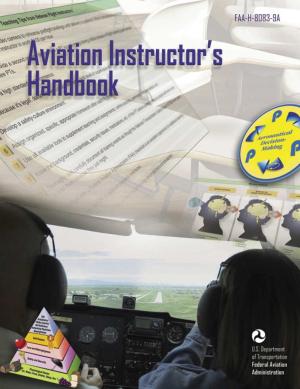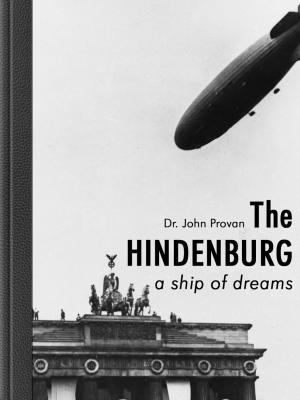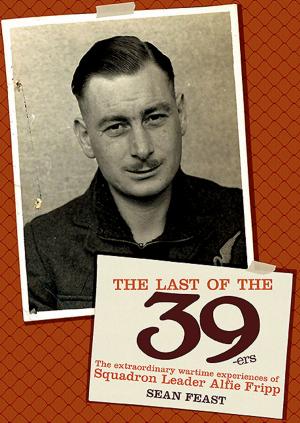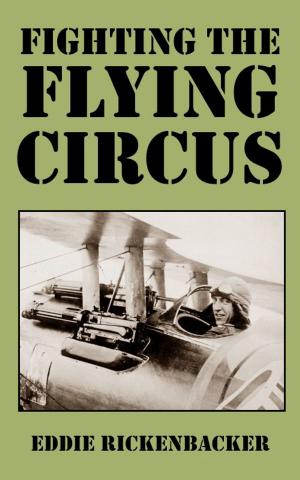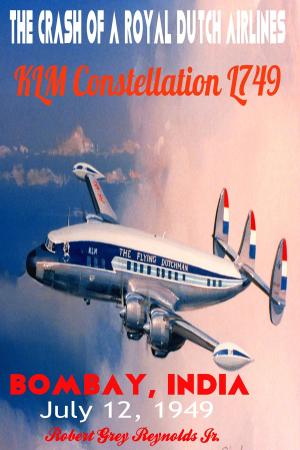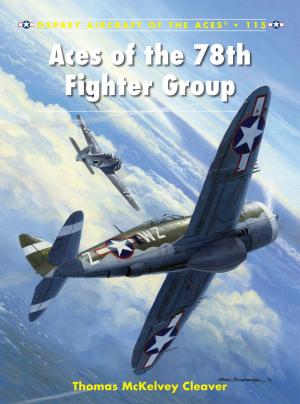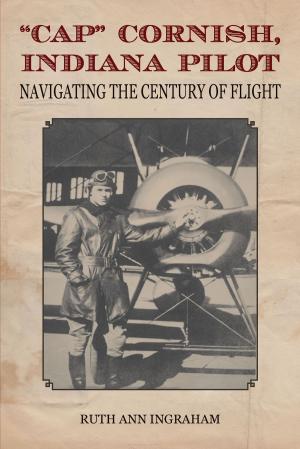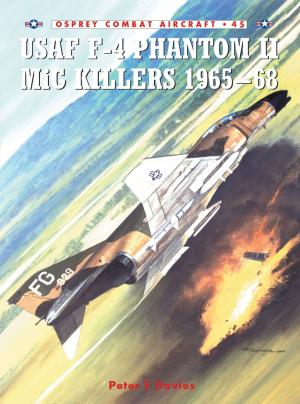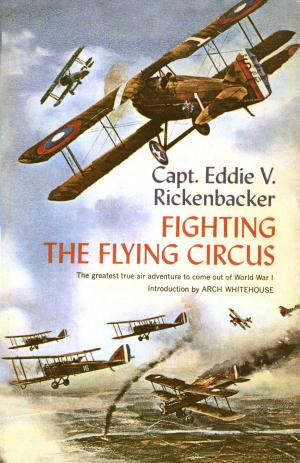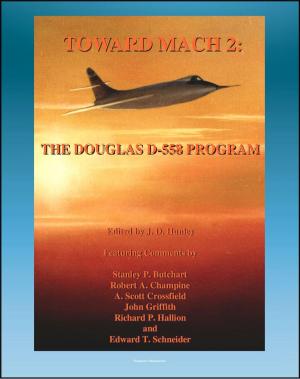Flying the Southern Cross
The Adventures of Aviators Charles Kingsford Smith and Charles Ulm
Nonfiction, Reference & Language, Transportation, Aviation| Author: | Michael Molkentin | ISBN: | 9780642277824 |
| Publisher: | National Library of Australia | Publication: | August 1, 2012 |
| Imprint: | National Library of Australia | Language: | English |
| Author: | Michael Molkentin |
| ISBN: | 9780642277824 |
| Publisher: | National Library of Australia |
| Publication: | August 1, 2012 |
| Imprint: | National Library of Australia |
| Language: | English |
Australian aviators Charles Kingsford Smith and Charles Ulm made the first trans-Pacific flight in 1928 in an aircraft constructed largely of timber and fabric, the Southern Cross. With Americans Jim Warner as radio operator and Harry Lyon as navigator, they made the trip from Oakland, California, in nine days, facing electrical storms, torrential rain, equipment breakdowns, fuel shortages and the ever-present fear of engine failure. In Flying the Southern Cross: Charles Ulm and Charles Kingsford Smith, Michael Molkentin uses logbook entries, the airmens memoirs, contemporary newspaper accounts and official documents, supplemented by a range of historic photographs, to give a gripping account of that epoch-making flight and its aftermath. He takes readers into the Southern Cross, a place where courage, skill and endurance could, with luck, outweigh the fearful risks of a long air journey. Above all, he brings to life the airmen themselves, four very different men who made aviation history.
Australian aviators Charles Kingsford Smith and Charles Ulm made the first trans-Pacific flight in 1928 in an aircraft constructed largely of timber and fabric, the Southern Cross. With Americans Jim Warner as radio operator and Harry Lyon as navigator, they made the trip from Oakland, California, in nine days, facing electrical storms, torrential rain, equipment breakdowns, fuel shortages and the ever-present fear of engine failure. In Flying the Southern Cross: Charles Ulm and Charles Kingsford Smith, Michael Molkentin uses logbook entries, the airmens memoirs, contemporary newspaper accounts and official documents, supplemented by a range of historic photographs, to give a gripping account of that epoch-making flight and its aftermath. He takes readers into the Southern Cross, a place where courage, skill and endurance could, with luck, outweigh the fearful risks of a long air journey. Above all, he brings to life the airmen themselves, four very different men who made aviation history.

